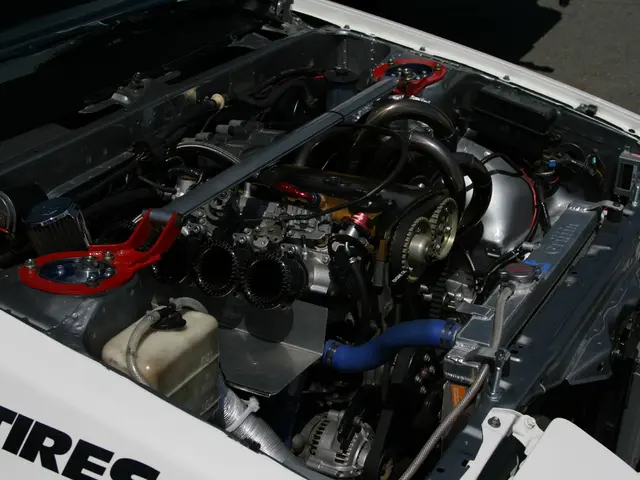Europe's Pathway to Economical Electric Vehicles
The Transport & Environment (T&E) report has shed light on the current state and future direction of the European automobile industry, focusing on the production and availability of affordable small battery electric vehicles (BEVs).
The report highlights a significant increase in automakers' profits during the Covid-19 pandemic, with revenue per new car increasing by 33% to 52% between 2019 and 2022. This increase accounted for up to 94% of all revenue generated during the same period. However, the report also notes that the availability of such affordable small BEVs on the European market is not guaranteed at the necessary speed and volume.
One of the factors contributing to this issue is the phase-out of smaller, more affordable car models, potentially due to EU emission rules and changing consumer preferences. The shift towards larger vehicles, particularly SUVs, has been most pronounced in the middle (C) segment, where SUVs now account for a staggering 61% of sales. SUVs tend to be more profitable than non-SUVs, with price premiums ranging from 8% to 30%.
However, the report suggests that European automakers may need to shift their focus from producing resource-intensive, expensive SUVs to smaller, more cost-effective EVs to remain competitive. Initiatives aim to encourage European automakers to prioritize the production of such vehicles, with the T&E report suggesting that if a €25,000 small BEV were to become available, it could potentially boost the sales share of fully electric cars to 35%, resulting in an additional 1 million electric vehicles sold annually.
To achieve this, the report calls for a coordinated strategy at the European, national, and local levels. This includes European EV efficiency rules, national vehicle taxes and subsidies that discourage heavier vehicles, and local weight-based parking charges. The report also underscores that achieving affordable electric mobility for a wider pool of consumers will require a concerted effort from policymakers, manufacturers, and the industry as a whole.
Recent developments in EV manufacturing, the supply of critical metals, and price reductions hinted at by major automakers make this scenario increasingly likely. In fact, the T&E report suggests that some leading European automakers, including BMW, Volvo Cars, Stellantis, Renault, and Volkswagen, have announced plans to introduce small, affordable electric cars on the European market by 2025.
One such BEV, according to the report, would feature a 40 kWh LFP battery and a range of 250-300 kilometers. The availability and affordability of such vehicles will be crucial in helping Europe meet its ambitious electrification targets and in ensuring a sustainable and competitive automobile industry.
In conclusion, the T&E report highlights the challenges and opportunities in Europe's ambitious path towards electrification. To achieve this goal, a concerted effort from all stakeholders will be required, with a focus on producing affordable, cost-effective electric vehicles to meet the needs of a wider pool of consumers.
Read also:
- AI Inspection Company, Zeitview, Secures $60 Million Funding for Expansion
- Future of Payments: If the U.S. regulates stablecoins through the GENIUS Act, according to Matt Hougan
- BMW asserted that the upcoming iX3 electric model could generate similar profits as its gasoline counterpart, the X3.
- High-Performance McLaren Automobile: McLaren Speedtail








